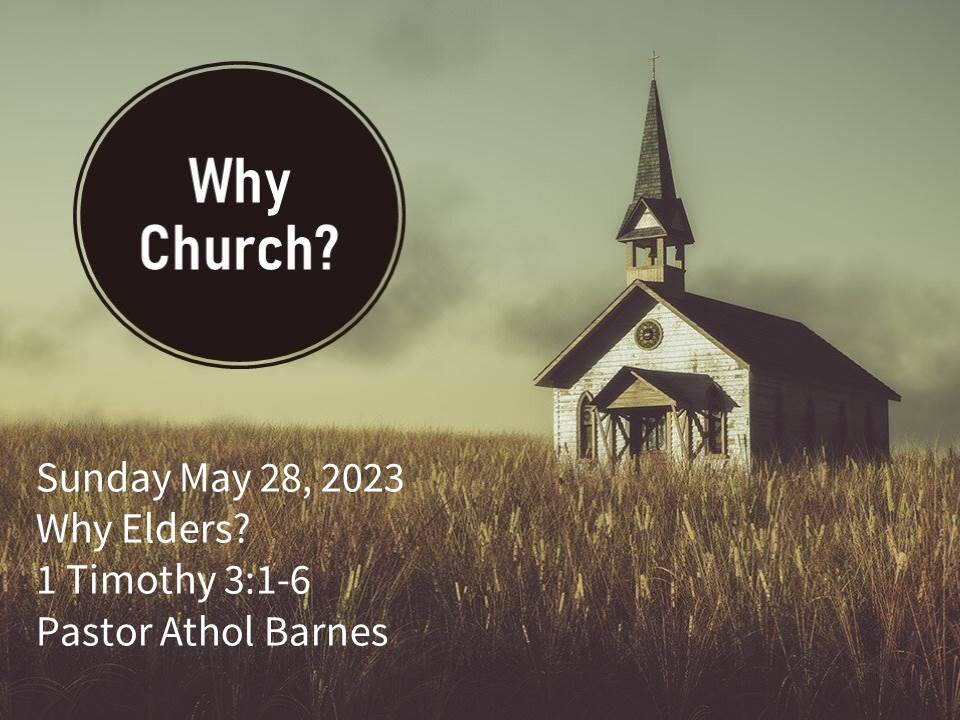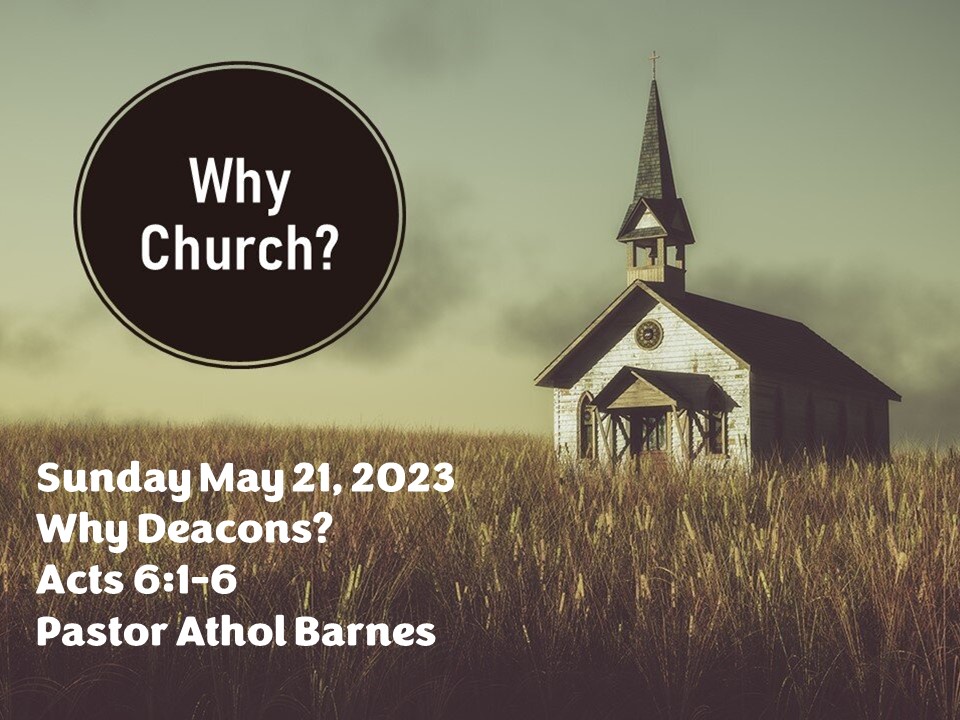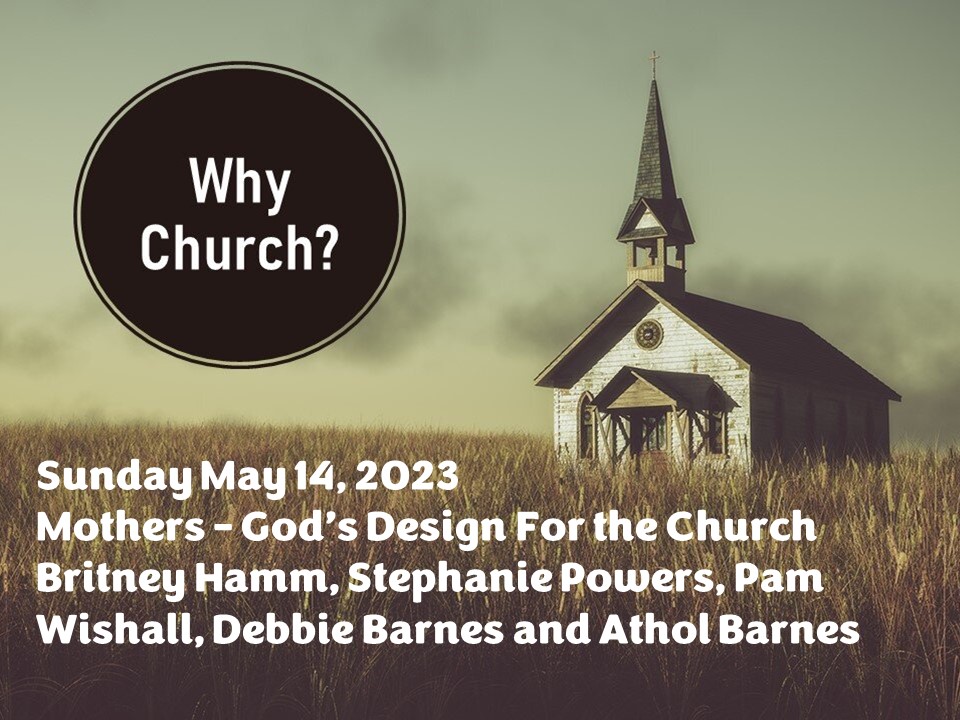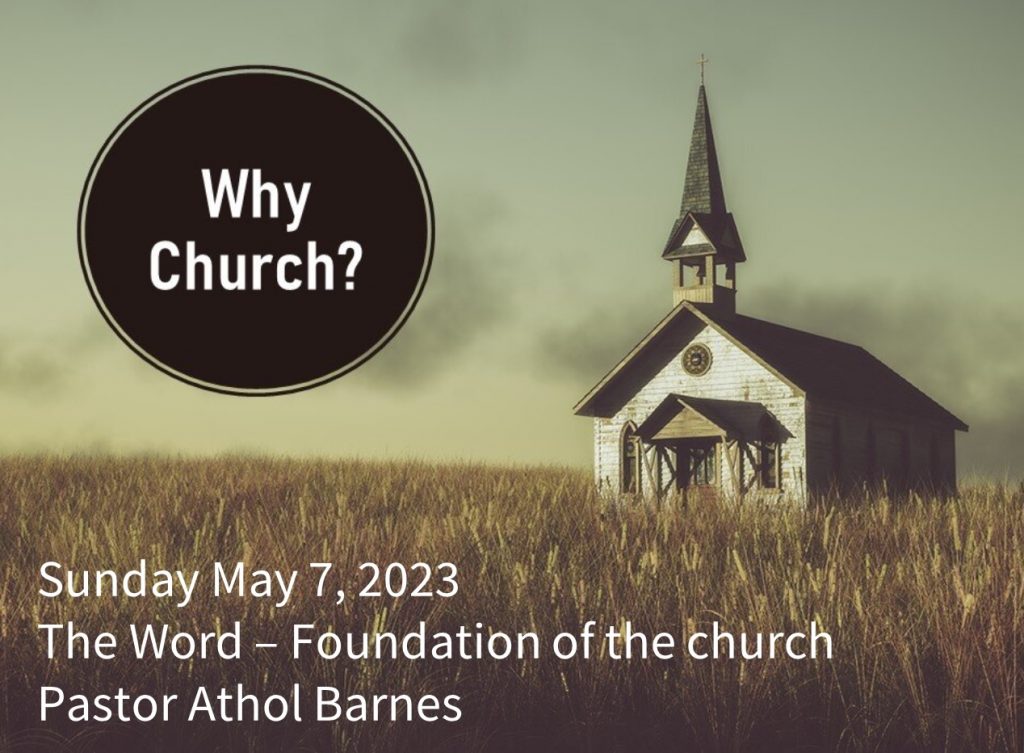
As the disciples preached the Gospel, the early church grew rapidly and as the church grew, so did the need for godly men to lead the churches. Jesus is the head of the church, but he calls under-shepherds to tend to the flock of individual churches. The Bible uses the terms; overseer or elder to define what we call pastors today.
The role of church elder or overseer is described in 1 Timothy 3:2–7 and Titus 1:6–9.
The primary role of the elder is to tend to the sheep. It is in the preaching of the Word that the church is led. A church grows in spiritual health as the truth of God’s word is declared from the pulpit week after week. There are no shortcuts, God has chosen this means to instruct his people.
One of the key attributes of a candidate elder is humility and this is where a plurality or group of elders is necessary to hold one another accountable and to encourage one another in life and in doctrine.
A church that is led by a group of elders allows the ministry staff (team leaders in the church), to focus and maximize their gifts and talents. Team leaders make practical decisions on how to implement and carry out the direction provided by the Elders.
The elder is to fulfill the roles of teaching and prayer. Prayer for and with the members of the church. The elder is called to guard the doctrine and unity of the church. The elder is called to care for the spiritual needs of the church, providing Biblical counsel and discipleship. The elders are also called to train and equip deacons, preparing them for ministry.
So, what are the qualifications of an elder?
The New Testament places more stress on the character of the Spiritual leader than on the gifting of the spiritual leader. Looking at the list of characteristics of an elder in 1 Timothy 3, only one of them refers to a particular gift, “being able to teach”.
Sadly, the 21st century church has lost their way in this regard, as we are programmed for entertainment, and teaching skill is our primary focus when selecting a church family. But the Bible calls for the leader’s character to be the benchmark. And it is true that the church of Jesus Christ will not progress beyond the spiritual strength of its leaders.
Christian leaders are not perfect, but the primary requirement is one of character rather than giftedness according to the Bible. There are men who are gifted communicators but their character does not match their gifting.
1 Timothy 3:2, begins the list of qualities required of an elder, “Therefore an overseer must be above reproach, the husband of one wife, sober-minded, self-controlled, respectable, hospitable, able to teach,”
To be above reproach; this is not perfection, but what it means is that no one inside or outside the church should be able to point out a flagrant sin in the elder’s life and character. A sin that the elder is unrepentant about and refuses to acknowledge.
To be the husband of one wife; the elder must be devoted to their spouse. It means having eyes only for your wife, purity in thought. Being devoted to one woman.
Temperate; elders must be self-controlled, enslaved to nothing.
Sober-minded; elders must be sober, sensible, wise, balanced in judgment, not given to quick, superficial decisions based on immature thinking.
Respectable; elders must demonstrate a well-ordered life and honorable behavior.
Hospitable; elders must be unselfish with personal resources, willing to share blessings with others.
Able to teach; (see Titus 1:9 and 2 Timothy 2:24). The elder’s leadership is to be under and by the Word of God. This is the authority. It’s not the power of personality. It is the power of the Word of God. Elders shepherd people by the instruction of God’s Word.
And then in verse 3 Paul writes about some vices or character deficiencies that should not be found in an elder, “not a drunkard, not violent but gentle, not quarrelsome, not a lover of money.”
Elders must be free from addictions and willing to limit their liberty for the sake of others. He must not be aggressive or quarrelsome and not a lover of money (see Matthew 6:21). An elder should be an example of someone who is content whether he has a lot or a little, not constantly reaching for more.
Verse 4 continues, “He must manage his own household well, with all dignity keeping his children submissive,”
Elders must have a well-ordered household and a healthy family life. This is the responsibility of the husband in the home. Verse 5 continues that if an elder cannot manage his own household, how can he be expected to oversee the church.
Verse 6 says that he must not be a new believer. An elder must have a track record of walking with the Lord, demonstrating spiritual disciplines that have been developed over years of practice.
If a new believer, who doesn’t have a solid foundation of discipline, is placed too quickly in leadership, pride becomes the number one enemy as verse 6 says, and that has been the downfall of many gifted but immature young leaders.
And finally verse 7, the elder must have a good reputation in the community.
So that is what the Bible says about the character of the elder, it is an extremely high bar, but we must never forget the importance of the church and the price that Jesus paid for his bride. Nothing less than excellence and commitment is demanded.
I believe that the Lord always builds his church and as long as we are faithful to the call of Jesus for his church, we will see growth. As with the early church, growth requires leadership.
May the Lord lead us as a church in growing, developing and recognizing leaders.




